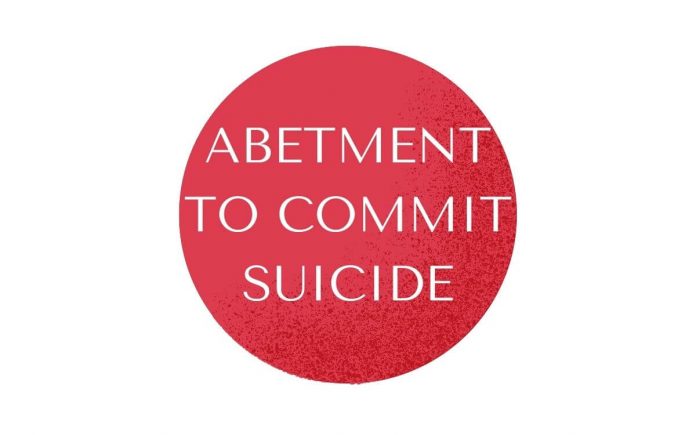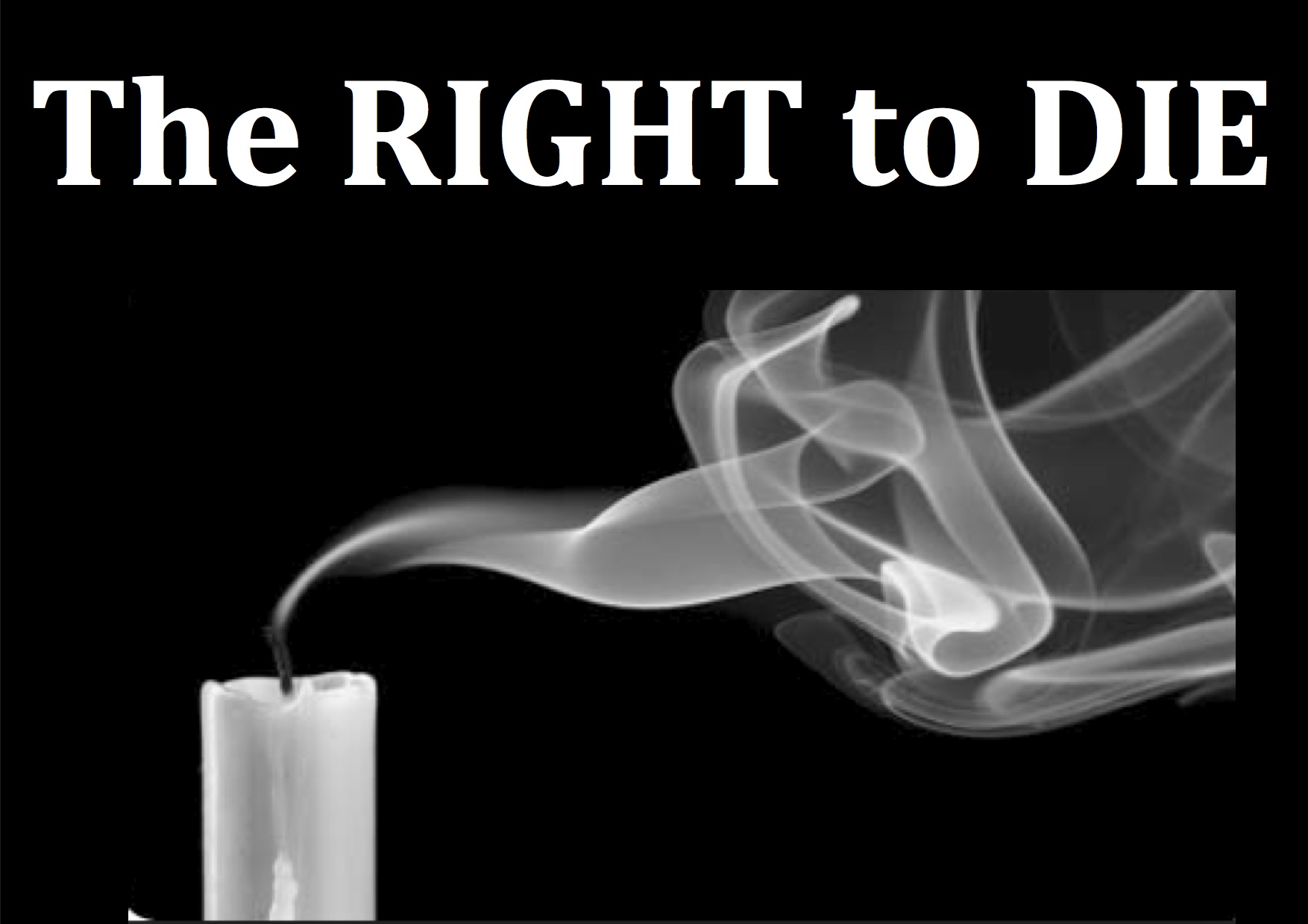This article is written by Yash Kapadia. The Hon’ble Delhi High Court in Atul Kumar v. State of NCT of Delhi & Anr. dealt with the above question at length and pronounced its judgment on 23rd August 2021.
Table of Contents
Introduction
The Hon’ble Delhi High Court’s bench comprising Hon’ble Justice Manoj Kumar Ohri passed an Order setting aside the judgment passed by the Additional Sessions Judge of the Trial Court.
Background of Atul Kumar v. State of NCT of Delhi & Anr.
The present case arose from FIR No. 140/2016 which was registered under Section 306 of the Indian Penal Code, 1860 at Anand Parbat Police Station in Delhi. The aforesaid FIR was registered in pursuance of a complaint dated 22nd January 2015 which was filed by Respondent No. 2 (Ms. Paramjit Kaur Grewal) against the Petitioner and two police officers namely Senior Inspector Jagroop Singh and Ct. Vijender after around 44 days from the day on which suicide was committed by her husband, Mr. Arvinder Singh Grewal (“deceased”).
It was submitted by the counsel representing the Petitioner that his client was a resident of the United States of America who has an interest in collecting antique and vintage motorcycles. One day while searching for a motorcycle online, the Petitioner learned that one entity, M/s Palli Motors, which was owned by the deceased, was involved in the business of selling and purchasing vintage motorcycles. On seeing the contact details of the deceased with photographs of the motorcycles being showcased on the website www.flickr.com, the Petitioner made contact with the deceased vide an e-mail dated 27th May 2011 and indicated his genuine interest to purchase a vintage BSA or Triumph or any of the British motorcycles the deceased has from him. The deceased replied to the email on 30th May 2011 and gave a quotation for the price of two different BSA motorcycles. Rs.2,00,000/- was quoted for the BB31 BSA 350CC model and Rs. 2,70,000/- was quoted for the WM20 BSA 500CC model. The Petitioner thereafter decided to purchase the WM20 BSA 500CC model and as per the deceased’s directions. He transferred a sum of $4650 on 2nd May 2012 wiring it online into the account of Mr. Narender Verma who duly acknowledged the receipt of $4650 for purpose of buying a motorcycle vide an e-mail dated 3rd May 2012.
It was stated that despite transferring the entire amount for the vintage motorcycle to the deceased in May 2012, the deceased failed to hand over the possession of the vintage motorcycle to the Petitioner. Around 11th November 2014, the Petitioner came to India after around two years of having made the payment. After consulting his lawyer, they decided to send a legal notice dated 19th November 2014 19.11.2014 to the deceased and Narender Verma who acknowledged the receipt of payment. Later on, a criminal complaint dated 27th November 2014 was filed under Section 420 and 406 of IPC read with Section 120B by him at the Police Station Anand Parbat, Delhi.
The Petitioner, thereafter, traveled back to the USA on the night of 5th December 2014. However, on 9th December 2014, the deceased committed suicide leaving behind a note naming the Petitioner in this case as the main reason for him taking the drastic step of giving up his life.
Submissions by the Petitioner
The counsel for the Petitioner contended his client acted as per the legal advice given to him by his attorney and therefore sent a legal notice and filed a criminal complaint. It was submitted and reaffirmed that the Petitioner had neither threatened the deceased nor even interacted with him during his limited stay period in India. In addition, the counsel for the Petitioner submitted that taking the legal recourse to one’s remedy is by no stretch of the imagination, abetment.
It was repeated and reiterated that the Petitioner left India for the USA on the night of 5th and 6th December 2014 and the deceased committed suicide on 9th December 2014 after 4 days which cannot in a manner whatsoever said to be a direct result of any act of the Petitioner.
Lastly, the counsel on behalf of the Petitioner submitted that the closure report accepted by the learned Metropolitan Magistrate was correct. The Revisional Court should not have reversed the acceptance of the closure report by the learned Metropolitan Magistrate as Section 397 Cr.P.C. has a very limited scope. In support of this submission, learned counsel has placed reliance on the decision in Sanjaysinh Ramrao Chavan v. Dattatray Gulabrao Phalke & Ors, (2015).
Submissions by Respondent No. 2
On the flip side, the counsel for Respondent No. 2 opposed the present petition filed. He laid reliance on the suicide note to submit that the Petitioner kept harassing the deceased despite the possession been taken of the motorcycle back in 2012. He claimed that the Petitioner thereafter sent a legal notice and furthermore lodged a false police complaint against the deceased with the malicious intent to get his other motorcycles to be serviced by the deceased that too free of cost. The counsel for Respondent No. 2 disputed the closure report too and thereby submitted that apart from the Petitioner, two other police officers were implicated in the complaint.
Genesis of submissions
The Petitioner states that the entire consideration was paid in the year 2012 but the vintage motorcycle was never delivered. On the flip side, the complainant’s (wife of the deceased) case is that the motorcycle was delivered in 2012 itself and the Petitioner had lodged a false complaint against the deceased for harassing him and with malice to get his other motorcycles serviced free of cost. The complainant claims to have delivered the motorcycle to a representative of the Petitioner with a promise that the transfer documents would be executed once the Petitioner comes to India.
Issue before the Court
The issue before the Hon’ble Court was whether issuance of a legal notice and filing of a complaint by the Petitioner would amount to ‘abetment’ punishable under Section 306 IPC, which reads as:
“306. Abetment of suicide.—If any person commits suicide, whoever abets the commission of such suicide, shall be punished with imprisonment of either description for a term which may extend to ten years, and shall also be liable to fine.”
Judgement
The Hon’ble Court stated that as per Section 107 of IPC, a person abets the doing of a thing
- if he instigates any person to do that thing; or
- engages with one or more person or persons in any conspiracy for the doing of that thing
- if an act or illegal omission takes place in pursuance of that conspiracy, and in order to the doing of that thing or
- intentionally aids, by any act or illegal omission, the doing of that thing.
In order to understand and interpret the law in subject, the Hon’ble Court placed reliance on the decision of M. Mohan (Supra), 2011, which related to an incident where the deceased was denied use of the family car for coming to the Theme Park Festival on the occasion of Pongal. While the entire family traveled by car that belonged to the brother-in-law, the deceased and her husband were told to reach the destination by public bus and the deceased was told that if she wants to travel by car, she has to bring a car from her family. Being hurt by the taunting statement the wife committed suicide after four days. The Supreme Court came to the conclusion that there was no correct link between the incident dated 14th January 2005 and the suicide that took place on 18th January 2005 and it was further put on record that the deceased was hyper-sensitive to ordinary discord and differences which happen in day-to-day life. Thereafter, interpreting the subject, the criminal proceedings were quashed.
In Sanju alias Sanjay Singh Sengar v. the State of M.P, 2002, the deceased committed suicide after a quarrel between him and his wife’s brother. He went to his in-laws’ house where he was humiliated during a quarrel where his brother-in-law threatened and abused him with filthy language. On the next day, he committed suicide and left a suicide note where he blamed his brother-in-law who falsely blackmailed him to file a complaint about dowry demand. However, it was learnt on record that the deceased was unemployed and consumed excessive liquor. It was observed that the suicide note could not be said to be a handiwork of a man with sound mind and sense.
Reliance was further laid on Gurcharan Singh v. State of Punjab, 2016, wherein the Supreme Court observed as under: “It is thus manifest that the offence punishable is one of abetment of the commission of suicide by any person, predicating the existence of a live link or nexus between the two, abetment being the propelling causative factor. The basic ingredients of this provision are suicidal death and the abetment thereof. To constitute abetment, the intention and involvement of the accused to aid or instigate the commission of suicide is imperative. Any severance or absence of any of these constituents would militate against this indictment. Remoteness of the culpable acts or omissions rooted in the intention of the accused to actualize the suicide would fall short as well of the offence of abetment essential to attract the punitive mandate of Section 306 IPC. Contiguity, continuity, culpability and complicity of the indictable acts or omission are the concomitant indices of abetment. Section 306 IPC, thus criminalizes the sustained incitement for suicide.”
The Hon’ble Court also put on record that during the investigation, when the Call Detail Record (CDR) of both the Petitioner and deceased were obtained, the deceased had called twice on the number of the Petitioner on 8th and 9th December 2014. However, the Petitioner did not dial a single call to the deceased. One police officer called the deceased on 6th December 2014 who stated that he only called for the purpose of inquiry on the Petitioner’s complaint.
The Hon’ble Court observed that the Petitioner had already left for the USA a day before the day the deceased was called to the police station. The deceased happened to make some calls to the Petitioner but the same were left unanswered. The deceased was mentally upset after receiving the legal notice and filing of a criminal complaint against him.
The Hon’ble Court opined that in order to attribute any act of the Petitioner as abetment, there must be a causal link and proximity of his acts with the deceased who committed suicide. It has to be shown there was an active or direct act by the Petitioner that led the deceased to take a drastic step of committing suicide. It also must be shown that the Petitioner’s acts must have been such so as to create a situation where the deceased decided to commit suicide. In addition to all of the above, in order to prove abetment, the Prosecution must prove that the Petitioner had the mens rea to commit the offence leading to suicide.
The Hon’ble Court stated that the deceased may have felt harassed but after considering the facts and circumstances of this case, the Petitioner cannot be held to have abetted the deceased in committing suicide. It was the Petitioner’s legal recourse to send a legal notice and file a complaint as advised to him by his lawyer.
The Hon’ble Court noted that the entire transaction related to the purchase of a vintage motorcycle and the same is not disputed. Therefore, the act of filing a criminal complaint against the deceased by the Petitioner cannot be said that it is with mens rea to instigate or lead the deceased to commit suicide.
Conclusion
When the facts of the present case are analyzed in light of the various legal principles extracted from legislation and judicial dictums hereinabove it is clear that neither any causal link nor proximity was present between the acts of the Petitioner and the deceased committing suicide. The requisite mens rea on part of the Petitioner is absent. It can very well be disputed that the Petitioner had abetted the suicide. The strong opinion and judgment of the Hon’ble Delhi High Court that the requisites required for the offence punishable under Section 306 IPC was not present in this case and thereby allowing the petition and setting aside the impugned order passed by the learned ASJ set another strong precedent in cases where such grave allegations are put forth against any person.
Students of Lawsikho courses regularly produce writing assignments and work on practical exercises as a part of their coursework and develop themselves in real-life practical skills.
LawSikho has created a telegram group for exchanging legal knowledge, referrals, and various opportunities. You can click on this link and join:
https://t.me/joinchat/J_0YrBa4IBSHdpuTfQO_sA
Follow us on Instagram and subscribe to our YouTube channel for more amazing legal content.
 Serato DJ Crack 2025Serato DJ PRO Crack
Serato DJ Crack 2025Serato DJ PRO Crack











 Allow notifications
Allow notifications


